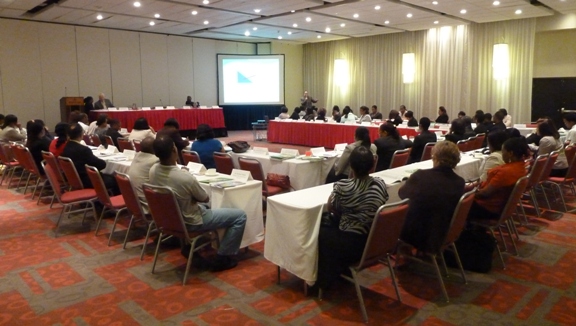Judicial Education in Action: Asia
ELI's judicial education programs in India have addressed environmental law in the context of a rapidly growing population. India has been a leader in the constitutional aspects of environmental law. But that leadership paradoxically led many district judges to assume that, since they had no jurisdiction in constitutional issues, environmental law was not relevant to them.
